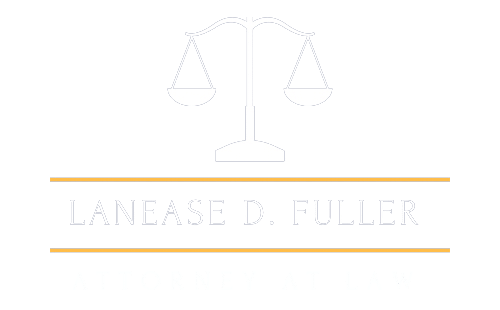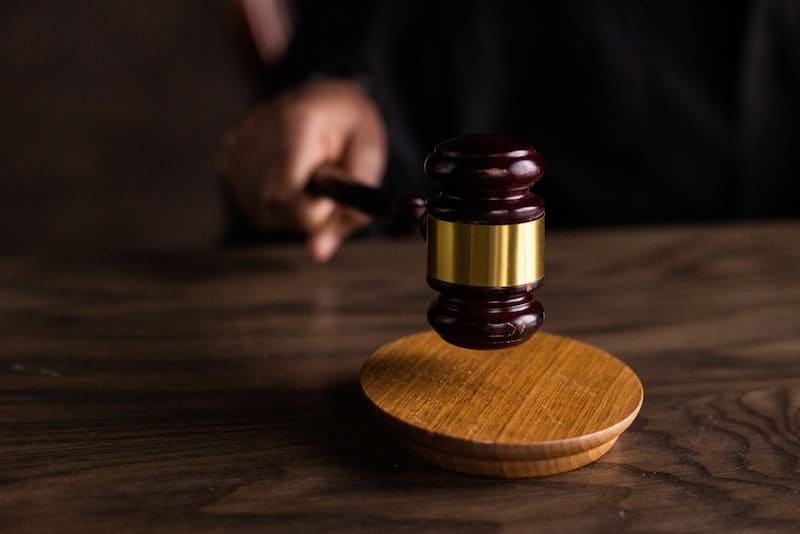Have you been charged with a felony or misdemeanor in Harris County and are looking for a criminal defense attorney to help you navigate your case? Read below to learn more about when cases go to trial and to determine when you should go to trial for your criminal case:
Pros of Pleading Guilty
When a criminal defendant pleads guilty, he or she is confronting the case face-on. This means that he or she will be able to resolve the case more quickly than if he or she waited a year or more for a criminal trial.
Another advantage of pleading guilty is the expense for a lawyer is generally less when the lawyer does not have to go to trial. For someone who anticipates that he or she will be found guilty by a jury, saving thousands of dollars is a real consideration.
When a criminal defendant pleads guilty when represented by legal counsel, he or she usually does so through the process of plea bargaining. This process involves the criminal defense lawyer and the prosecutor reaching an agreement as to the sentence that the defendant should receive. In exchange for pleading guilty, the criminal defendant may receive a lighter sentence or have charges reduced.
Additionally, pleading guilty avoids the uncertainty of a trial. Juries can be unpredictable. Prosecutors may uncover additional evidence that can make it more likely for a jury to convict the defendant. Additionally, trials are very public ordeals, so pleading guilty avoids most media attention and does not subject the family to unwanted attention in the same way that a trial would.
Cons of Pleading Guilty
There are certain risks associated with pleading guilty. For example, innocent people may be subjected to criminal punishments, such as having to go to jail and pay fines for crimes that they did not commit. Furthermore, they will now have a criminal record that follows them for the rest of their life.
In some jurisdictions, there is a statutory minimum sentence that the prosecutor cannot get around. This means that the criminal defendant will be required to serve a certain sentence even if the prosecutor and the criminal defense lawyer would otherwise agree to a shorter sentence.
Additionally, the judge is responsible for sentencing. If he or she does not like the sentence that was suggested by the prosecutor and the criminal defense lawyer, he or she can generally reject it and impose a longer sentence.
Pros of Going to Trial
Going to trial also has several advantages. For example, going to trial buys the criminal defendant more time to prepare his or her defense and spend time with family before potentially going to jail.
Going to trial and receiving an acquittal is the only way for an innocent person to have justice. This is also the only way for a criminal defendant to escape any criminal responsibility or a criminal record.
Another benefit of going to trial is that the criminal defendant receives all of the benefits of the United States Constitution. He or she is presumed innocent during the proceedings. The prosecutor has the burden of proof of proving each element of the crime beyond a reasonable doubt. Police misconduct or a failure to follow rules can get evidence suppressed so that it is not used against the criminal defendant at the trial. This higher standards can help a defendant be found “not guilty.”
Some plea bargains will offer little benefit to criminal defendants, especially those that the prosecutor believes will simply plead guilty. If this is the case, there is little incentive for the criminal defendant to plead guilty if he or she is basically facing the same punishment as he or she would under a plea agreement. The prosecutor may decide to offer a better plea bargain closer to trial if he or she believes that the defendant will cost the prosecution the time and expense of a trial.
Cons of Going to Trial
Criminal defendants who decide to go to trial place themselves in the precarious position of putting their lives in the hands of a jury. Juries are often difficult to predict. They also face the maximum penalty for a crime. Criminal defendants may either have a public defender who is often bombarded with other cases or a private attorney who may charge significantly more for going to trial.
Are you still wondering “When Should I Go Trial for My Criminal Case?” If so, reach out to our law firm to schedule a free consultation with our team.
Experienced Harris County Trial Attorney
Attorney Fuller is a seasoned attorney with nearly three decades of experience representing a wide range of clients. This includes individuals who have suffered an injury due to another’s actions, individuals facing criminal charges, those who have been arrested for DWI, individuals who have found themselves in a civil litigation dispute, and those looking for legal guidance in business.
After filling out a client intake form, Attorney Lanease D. Fuller will take appropriate action in your case to help you get the results you are looking for. This includes but not limited to gathering evidence, going to trial, and earning a settlement that is appropriate for your specific situation. Reach out to us today to take the first step towards settling your case.
LANEASE D. FULLER LAW
4615 S. Frwy St. 820
Houston, TX 77051
713-439-7400
View our Google Listing


